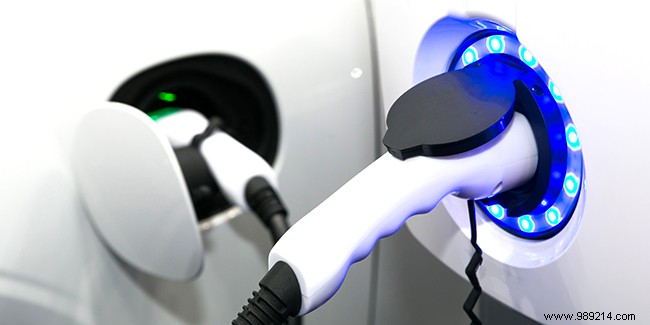
The charging station is an essential device when you want to switch to an electric car. To install such a device at home, it is imperative to call on a certified installer. This is an electrical professional who has received specific training in electric vehicle charging infrastructure. Thanks to it, the customer benefits from a secure and efficient installation, but he can also benefit from financial assistance from the State.
A certified electric charging station installer, also called IRVE electrician or IRVE installer, is a qualified electrician for the installation of charging stations for electric vehicles. This is a professional who has received specific training in IRVE and who has obtained a qualification at the end of his training. The IRVE, acronym for Electric Vehicle Charging Infrastructure, designates all the solutions allowing an electric vehicle user to recharge his car. It can be a reinforced 2.2 kW socket or a fast charging station with a power of 350 kW.
An IRVE qualified installer is above all a professional electrician, that is to say, having the title of building equipment electrician. But to have the qualification, he must follow a specific training. Currently, there are 3 levels of IRVE training:the first level concerns the installation of charging stations with a maximum power of 22 kW without configuration for communication and supervision. The second level concerns the installation of communicating charging stations with a maximum power of 22 kW. The third level refers to the installation of fast charging stations of more than 22 KW. Thus, depending on the device envisaged, a certain type of qualified installer must be selected.
According to the law, the installation of a charging point for electric vehicles must comply with the NF 15-100 standard. If we master this standard, we should therefore be able to install a charging station for electric vehicles. However, there is a second condition according to which any installation with a power greater than 3.7 kW must be carried out by an IRVE qualified installer. Therefore, the use of this professional is not necessary if it is a 3.7 kW charging station. Nevertheless, the person carrying out the installation must know the NF 15-100 standard inside out, which obliges most customers to call on an electrician. It is risky to entrust the connection of your charging station to an unqualified electrician IRVE. Indeed, only an approved installer is able to guarantee the safety of the device and its suitability for the needs of the user. Given the risks involved, the owner is exposed to the loss of his manufacturer's warranty and the coverage of his car insurance. In the event of a claim related to the charging station, the home insurance will not reimburse the damage either.
To install a charging station, the use of an IRVE electrician is recommended, for many reasons. Indeed, this is a legal obligation that has been in place since 2017. And given the risks involved in the event of a faulty charging station, it is wise to call on an IRVE installer. On the other hand, the intervention of an approved installer is required to be eligible for state subsidies for the installation of an electric charging station. Without this professional, it is impossible to access the corresponding tax credit for individuals or the ADVENIR bonus for condominiums and businesses.
It should be noted that this premium can cover up to 50% of the expenses incurred, subject to a ceiling set depending on the case. As for the tax credit, it corresponds to 30% of expenses. IRVE installers have real expertise in charging infrastructure for electric vehicles. They are the only ones to master the very advanced safety devices to protect the vehicle and the users. Indeed, it does not take much for the charging station to fail and burn out the car battery, which is not desirable given the cost of electric vehicles on the market.